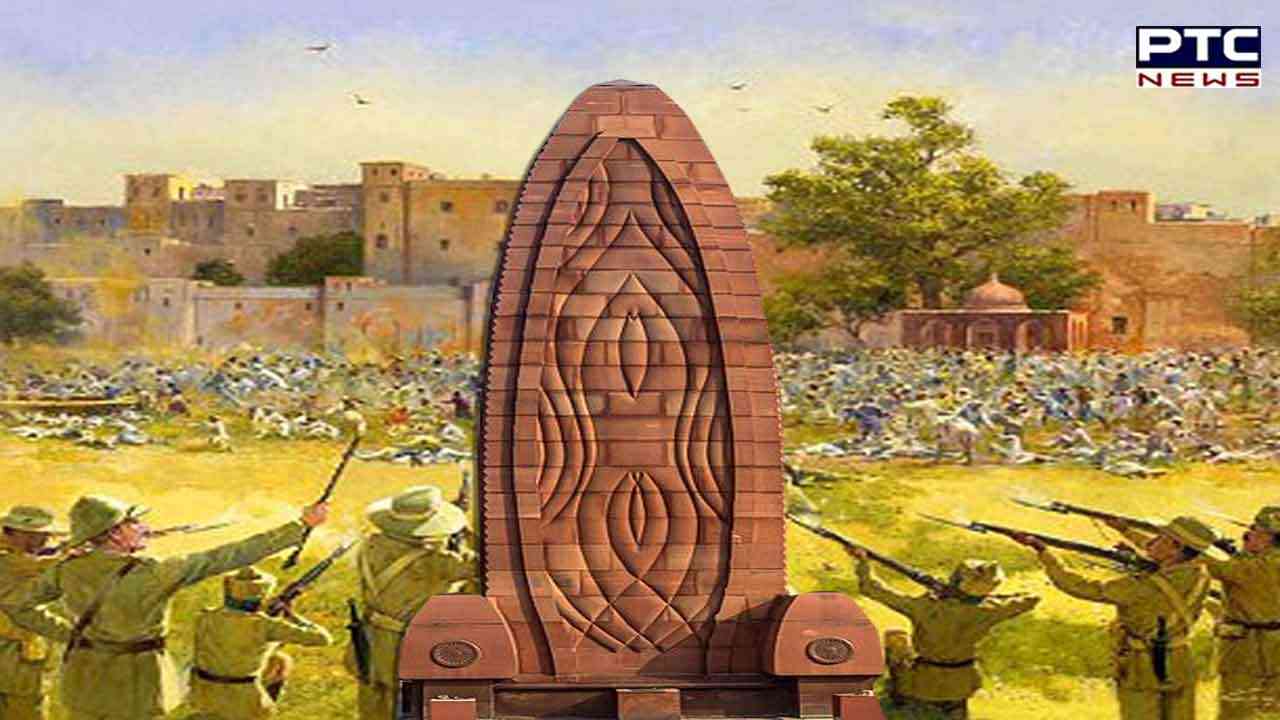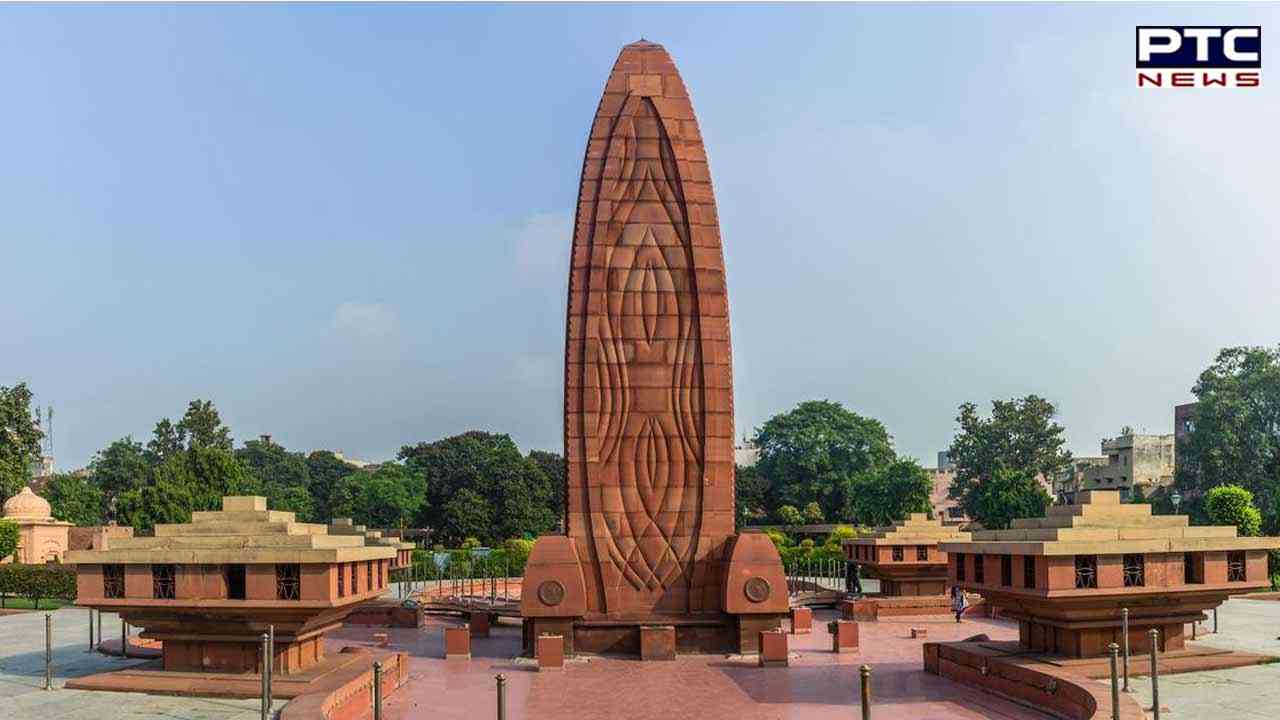Jallianwala Bagh Massacre 104th Anniversary: History, significance, other details

Jallianwala Bagh Massacre: On every Punjabis bucket list of pilgrimages after paying obeisance at the Golden Temple, Amritsar is the Jallianwala Bagh situated in close proximity. Despite the non descriptive signage the tragedy that occurred there had far reaching implications.
Also Read: Baisakhi 2023: Know about history, significance, celebrations of festival
The Jallianwala Bagh Massacre Day is observed every year on April 13. This day is observed as a reminder of one of the darkest days in the struggle for Indian Independence.
Jallianwala Bagh Massacre Day 2023 marks 104 years since the tragic incident that is seen as a turning point in Indian history.
Jallianwala Bagh Massacre: History
The Jallianwala Bagh massacre took place on April 13, 1919 in Punjab’s Amritsar. The brutal incident took place on the occasion of Baisakhi when over 5,000 people gathered at Jallianwala Bagh. Simultaneously, the movement for independence from British rule had been steadily gaining ground at that point, and an event was held at Jallianwala Bagh to defy colonial orders and protest against the recently passed Rowlatt Bills.
The Martial Law regime in Punjab was extremely harsh. The mail was censored. Temples and mosques were closed to worshippers. Water and electricity was cut off from homes of those whose political affiliations were suspect. Worse still were public floggings of select rebels; and an order making it mandatory for all Indians to crawl along the street that had witnessed the attack on the woman missionary.
“Without giving the crowd any warning to disperse, which he considered unnecessary as they were in breach of his proclamation, General Reginald Dyer ordered his troops to fire. The shooting lasted for about 10-15 minutes and resulted in the deaths of hundreds of people, including men, women, and children, and injuring over a thousand.

The massacre was the turning point in India’s struggle for independence from British colonial rule. It provoked widespread outrage and condemnation across India and around the world. The British government at the time condemned the actions of General Dyer but did not punish him or any of the soldiers involved. This further fueled the Indian independence movement, and many Indians became convinced that the only way to achieve freedom was through nonviolent resistance.
Jallianwala Bagh Massacre: Significance
The Jallianwala Bagh massacre remains a significant event in Indian history and the site of the massacre is now a national monument that serves as a reminder of the sacrifices made by those who fought for India's freedom.
The incident sparked widespread outrage in India and abroad, which eventually fueled India's call for independence and even moderate nationalists started adopting more radical stance in their demand. The incident also inspired many prominent personalities of the independence movement such as Mahatma Gandhi and Rabindranath Tagore who called the horrific incident a “massacre” and launched nationwide protest across various states and cities.
Meanwhile, a museum has also been built in the area in 2019 in remembrance of those who lost their lives and place an authentic account of the incident.
Also Read: Baisakhi 2023: Traditional, mouth-watering dishes you must try this harvest festival
Each year on April 13, India observes the anniversary of the massacre as a day of remembrance and a tribute to the victims
